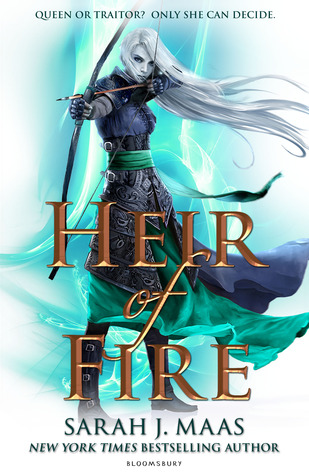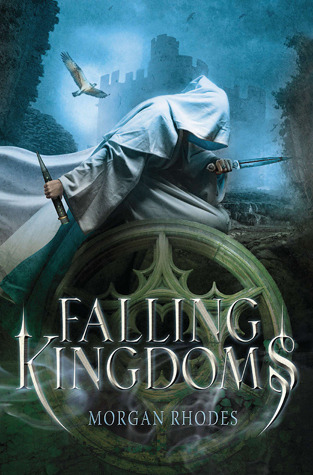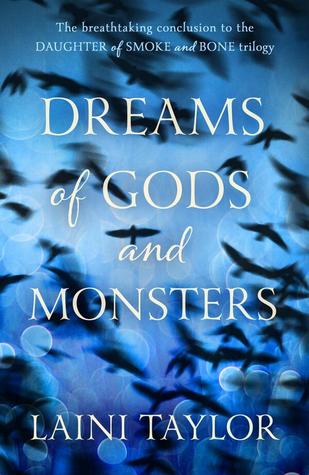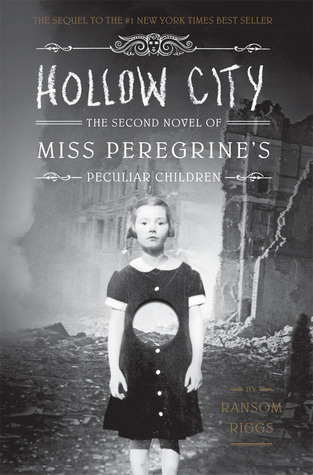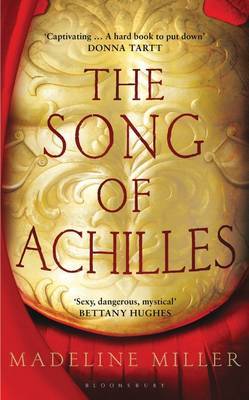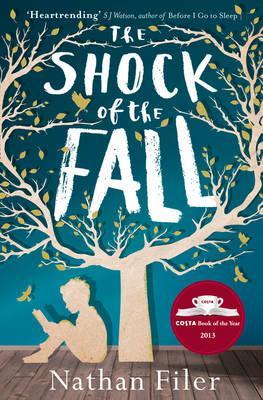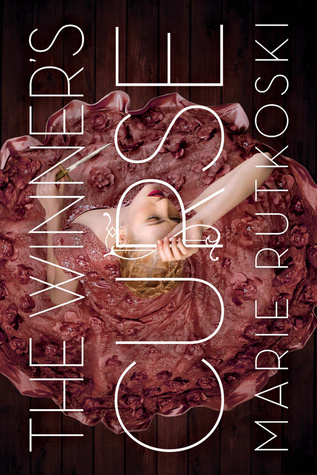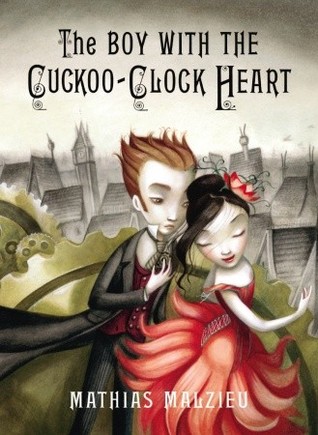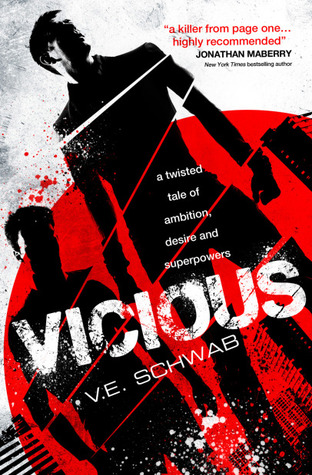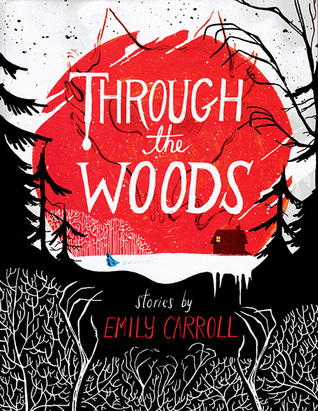Review:
Gathering Darkness was absolutely brilliant. Not sure how else I can start this off. Definitely my favourite of the series so far, and considering I've loved the previous books that's saying something. I literally could not put this book down once it got going, even after a reading slump. Things are developing so well and I can't wait for what comes next.
The Kindred are the key to ending the war. The Kraeshians want them the crystals for power. The rebels search for them to take back their kingdoms. The Watchers must prevent others from defeating them. But if the King possesses them everything is lost. Jonas is fighting for his friends; Lucia for her magic; Cleo for her kingdom; and Magnus is fighting to retain his control. No one trusts anyone. But alliances must be made to stop the King from conquering all of Mytica, and claiming the unstoppable power of the Kindred.
I actually really like Rhodes' writing. It's not the most complex or abundantly vivid out there, but it describes the world nicely, and has a lot more detail behind the narration. Many times in this series, I have found myself lulled into a false sense of security, even when I can see events coming: I know it's going to happen, but never when it actually does happen. Rhodes is constantly turning things around, creating doubts, double-bluffing through the dialogue and the character's narration.
Inevitably there are some flaws in both the writing and the story, but I've become so invested through the strengths of these novels, that I don't really care or pay attention to the weaknesses.
There's one major storyline running through these books, and each character is telling that story. But with each perspective, you get an entirely new way of looking at the situation, and different details depending on the things around the characters. Because of this, you get this amazingly vibrant plot, that can be viewed by the reader in its entirety. This really showcases the brilliant plot itself.
One of the concerns I've had with this series is that it resembles some very famous higher fantasy stories out there, and that this would accidentally push things in a certain direction. But the plot is turning further away from this and into it's own path, which really makes me happy, because I think it deserves to be its own thing, without being compared to existing stories.
The romance is another thing I am continually impressed with in this series. It is a key aspect of the story, but it's written so well that it's important, but not dependant for the characters. And there's such complexity in how it's used: people are disloyal, and cunning with it, and it's hard to know when characters are being genuine or have been forced to use it to save themselves. It's very much a plot device, rather than something thrown in to catch people's attentions or occupy the characters for the duration of the book.
The climax was phenomenal. I was literally audibly gasping and waving my hands in frustration while I was reading. I love where it's put things for the next books, and I loved how it has drawn things from this book together. Once again, the characters are in such different places to the last book, and the one before that, and I really don't want to have to wait a whole more year for the next one.
The diversity of the Falling Kingdoms characters is one of the great things I love about this series, and higher fantasy in general. There's a wonderful mix of genders, personalities, abilities, and I was happy to see the first steps towards sexuality also being explored in the series. The variety just makes everything so much more interesting, and also leaves the reader unaware of how people will turn on each other.
Cleo remains my favourite character, and I utterly adore the progression of her character arc. If I look back at the last two books, she's adapted so much in every one of them, and you can clearly pick out the stages where she's upped her game and decided she needs to work harder; be more determined; choose her path. On top of that her character's personality is just amazing, and the relationships (both romantic and not) she has with the other characters continues to engage me, whether she's invested in them or not.
Magnus, again, is constantly astounding me with his character arc. Though he might not have come as far as Cleo, he's still changed immensely from the first book, and you can see how things will keep turning in the future. You can still see Magnus as a genuinely 'bad,' violent person, but we're aware that there are things that don't fit that assumption in his character, and have been proven to be changeable in his arc. And yes, I do ship him and the character he confesses his love for in his monologue at the end.
Lucia is the one character I can never seem to make my mind up about, because I understand her intentions and reasons why she is the way she is, but she still comes out with things from nowhere from time to time, and this flimsiness irritates me. I don't think it's a flaw Rhodes' writing, it's just in the nature of Lucia's character.
I liked Jonas more in this book than I remember in the last few, but he wasn't as key this time in the pacing of the story. I did really like watching his relationships with his friends and others jump about. Something I love about these books is the disloyalty and dishonesty every single person has with each other, and the uncertainty of why they do various things.
The pacing was very good in this book. The organisation of the chapters really helped to switch between the different parts of the story, and break the tension or lag from one perspective to another. I also felt that the story itself was spread equally around the novel: there was always something very important going on, and what might be considered 'climaxes' were dotted around the plot.
I would recommend the Falling Kingdoms series to anyone wanting to get into higher fantasy, especially young adults that are a bit daunted by big novels like A Game of Thrones. I might have said in previous reviews that the format is very similar, and it has worried me in the past, but this series is really going down its own path which makes me very happy. The writing isn't as hard-going and politics is a bit simpler, so if you struggle with those things in higher fantasy, definitely try this series.
Image Source: https://www.goodreads.com/book/show/22046607-gathering-darkness



